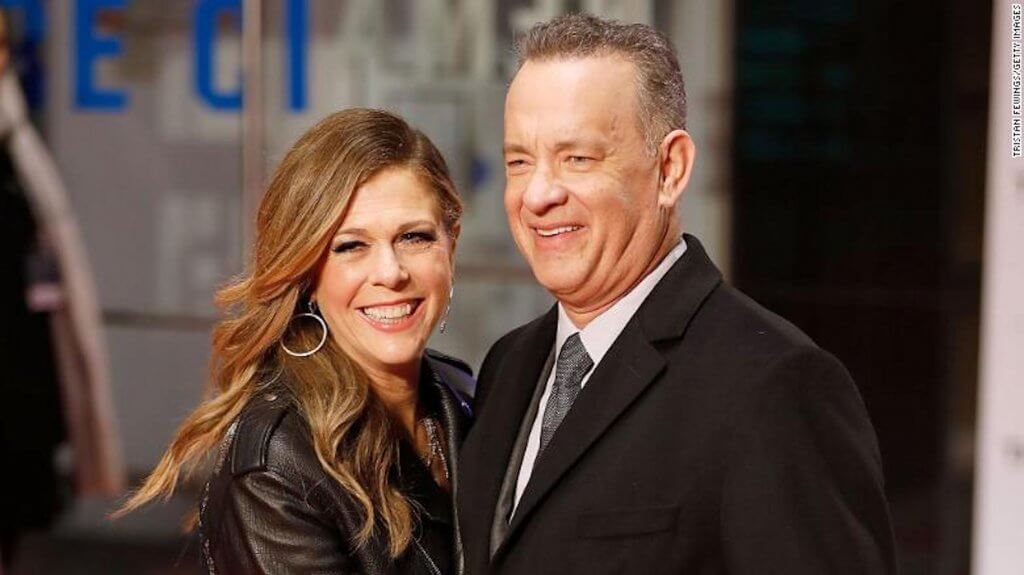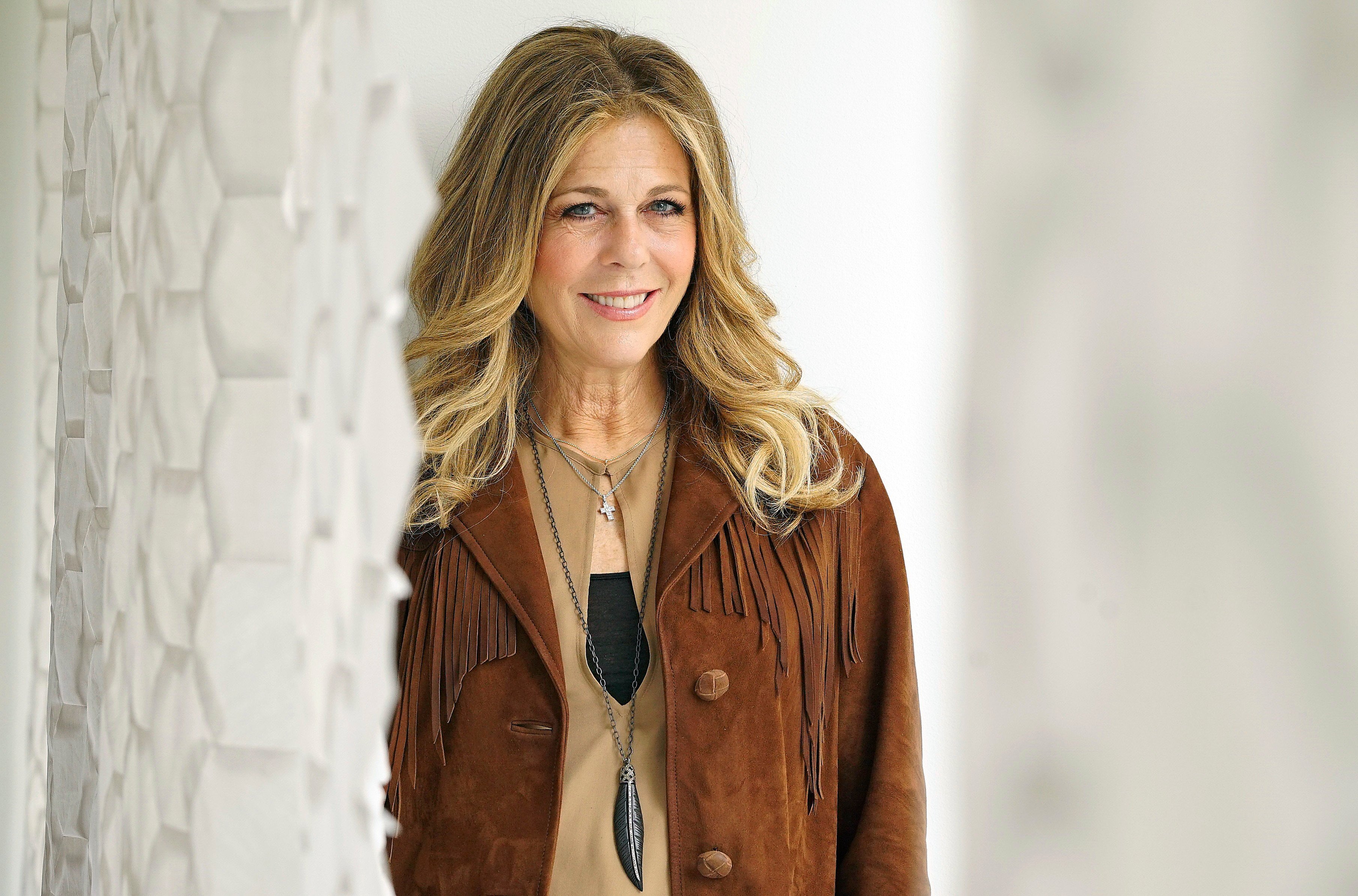Getting Back to Normal After Cancer
- Thursday was a big day for actress Rita Wilson: she celebrated officially being breast cancer-free for seven whole years!
- In 2015, Wilson was diagnosed with breast cancer. She underwent a mastectomy, followed by reconstructive surgery, in order to treat her cancer. The actress and singer's specific diagnosis was invasive lobular carcinoma.
- Cancer takes an immense toll on the person diagnosed with the disease, as well as the people in their support system. While Wilson has been cancer-free for seven years now, the battle scars cancer has left don't really ever go away.
- Getting back to "normal" is a journey, not really a destination; it's more about finding your "new normal" after cancer.
"Today marks seven years (of) being cancer free," she posted to Twitter. "I cannot tell you what a feeling that is. My song 'Throw Me A Party' was inspired by not knowing what the outcome would be, thinking about what would happen if I wasn't around anymore. The result of those honest conversations is this song."
Read MoreToday marks seven years being cancer free.ðŸ™I cannot tell you what a feeling that is. My song Throw Me A Party was inspired by not knowing what the outcome would be, thinking about what would happen if I wasn't around anymore. The result of those honest conversations is this song pic.twitter.com/gvS0E2WLXD
Rita Wilson (@RitaWilson) March 31, 2022
"I had so many different thoughts," Wilson said. "You're scared, anxious, you think about your own mortality. So I had a serious discussion with my husband that if anything happens, what I'd like is a party, a celebration."
From all of us here at SurvivorNet, congratulations on your milestone, Wilson!

Rita Wilson's Breast Cancer Battle
In 2015, Rita Wilson was diagnosed with breast cancer. She underwent a mastectomy (a surgical operation to remove a breast), followed by reconstructive surgery, in order to treat her cancer.
When Should You Consider a Mastectomy?
The actress and singer's specific diagnosis was invasive lobular carcinoma. This type of breast cancer is named for its point of origin: the lobules.
Invasive lobular carcinoma begins in the milk-producing glands, called lobules, of the breast. For this kind of cancer that's invasive, cancer cells have "broken out" of the lobule where they began and they may spread to other areas of the body.
Invasive lobular carcinoma only represents a small portion of breast cancers. The most common type of breast cancer starts in the breast ducts.
Treatment options for breast cancer include surgery (via a mastectomy or lumpectomy), chemotherapy and radiation. Some people also have preventative mastectomies if there's a history of breast cancer in the family and thus an elevated risk of developing the disease.
Related: Should I Have a Lumpectomy or Mastectomy?
Getting Back to Normal After Cancer
Cancer takes an immense toll on the person diagnosed with the disease, as well as the people in their support system. While Rita Wilson has been cancer-free for seven years now, the battle scars cancer has left don't really ever go away physically and emotionally.
Getting back to "normal" is a journey, not really a destination; it's more about finding your "new normal" after cancer.
One thing we know for certain is that things are going to change after you've had cancer that's part of the process. But it doesn't have to be a bad thing.
After CC Webster was diagnosed with Hodgkin lymphoma at 29 years old, she was struck by the overwhelming anxiety she started to feel.
Follow That Fire: Life After Cancer Will be Different, That Doesn't Have to be a Bad Thing
"In life after cancer, I experienced an entirely new level of anxiety that I didn't know existed," Webster previously told SurvivorNet. "Earth-shattering anxiety that makes you sweat, and makes your heart race. I had to learn how to manage myself in that, and how to allow myself to process the trauma that I had just been through."
Webster said what finally got her back on her feet was facing her anxiety head-on. Eventually, she was able to walk away from her cancer journey with a new outlook on life.
Contributing: Anne McCarthy
Learn more about SurvivorNet's rigorous medical review process.


